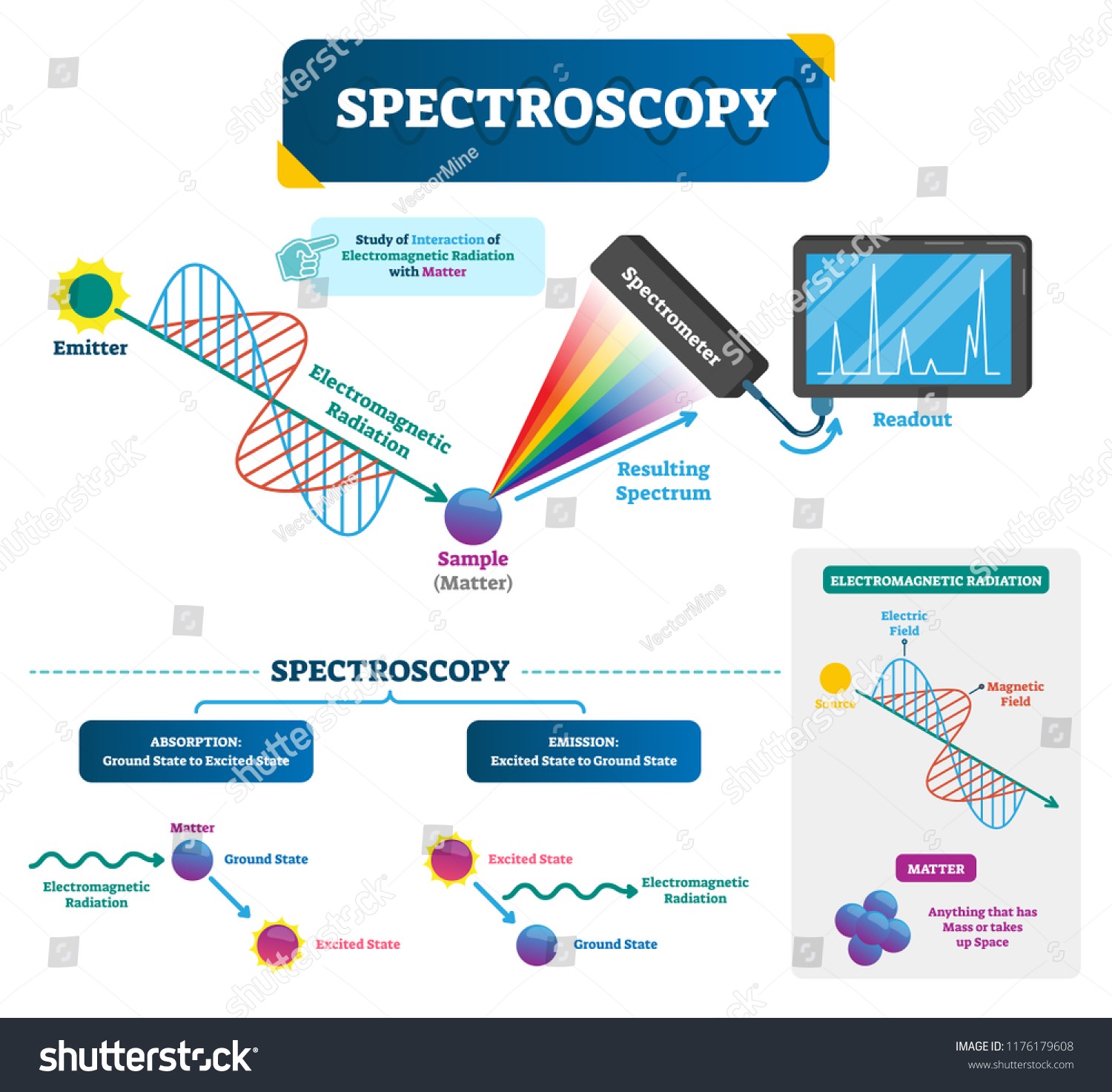Introduction
When it comes to preventing and solving crimes, forensic science is invaluable. It’s utilized as evidence in court to help determine a defendant’s guilt or innocence and to help identify potential perpetrators. From the time the first fingerprint was used to identify a suspect in a murder in the 19th century, forensic science has played a role in the resolution of homicides. A lot of different tools and methods have been added to the field since then. DNA analysis, fingerprinting, ballistics, and toxicology are just a few of the methods used by modern forensic scientists to examine physical evidence.
What is Forensic Chemistry?
Forensic Chemistry would seem to be a branch of chemical sciences that thus combines chemical as well as toxicological techniques to detect unknown factors in such a crime scene. The tests have been performed by forensic chemists, who are experts in their field. To achieve goals, these professionals adopt a variety of tactics as well as techniques.
What Does a Forensic Chemist do?
It is the job of a forensic chemist, who typically works in such a lab, to analyze evidence found at a crime scene. Investigators are hired by both the government and commercial firms. The samples are collected by the detectives or investigators and then sent to the forensic chemist for analysis. They need to be well-versed in both Organic and Particle Physics. Scientists utilize organic chemistry to analyze body samples for DNA and toxicants.
Role of a Forensic Chemist
A Forensic Chemist’s primary responsibility is to gather substances identified at a crime site and further analyze them to determine how they correlate to the crime. Forensic chemists combine chemistry, physics, as well as biology to discover compounds that could aid in the prosecution of a crime. Their job involves tracing chemicals, narcotics, as well as other substances, and even using methods such as spectroscopy, and chromatography, with the usage of infrared as well as ultraviolet lamps to locate evidence. Most of the samples recovered at crime scenes are retained, but if necessary, testing is performed on them.
Methods used in Forensic Chemistry
Chromatography: Some compounds are unknown but must be disassembled into individual elements for study. Chromatography is indeed the technique of separating the elements of any mixture. The mixture would be first dispersed in a material termed the mobile phase. The mobile phase can then be mixed with the second material, termed the stationary phase, as well as the mixture, which has been separated into two or more substances. It is widely used in investigations involving poisoning, explosives, and so on.
Spectroscopy: It is a method of detecting evidence used within forensic chemistry. This is primarily dependent on both absorptions as well as the emission of light or even radiation by materials as the wavelength of such radiation changes. This even relates to the collisions of electrons, protons, as well as ions. This procedure is often performed to assess blood toxicity.

Spectroscopy Mechanism
Why a Forensic Chemistry Degree?
After completing their degree, forensic chemists could pursue a variety of careers, including:
- Chemical analyst
- Scientist in Biomedicine
- Investigator at a crime site
- Detective
- Forensic Scientist
- Technician in a scientific laboratory
- Toxicologist
- Secondary school instructor
- Computer forensic specialist
- Officer of the Border Force
- Science professor
Tips to Prepare for Forensic Chemistry
- Take courses in chemistry, biology, and physics: A strong foundation in these three sciences is essential for success in forensic chemistry.
- Develop strong laboratory skills: Forensic chemists must be able to accurately and precisely measure, analyze, and interpret data.
- Become familiar with the legal system: Understanding the legal system and the role of forensic chemists in it is essential for success in the field.
- Learn about the different types of evidence: Forensic chemists must be familiar with the different types of evidence that can be used in criminal investigations.
- Develop strong problem-solving skills: Forensic chemists must be able to think critically and solve complex problems.
- Become familiar with the latest technology: Forensic chemists must be able to use the latest technology to analyze evidence.
- Develop strong communication skills: Forensic chemists must be able to effectively communicate their findings to other professionals.
- Get experience in the field: Internships and volunteer opportunities can provide valuable experience in the field of forensic chemistry.
Summary
Forensic Chemistry is a subfield of forensic science. This is an example of chemists’ helping police with their investigations. It really is that important to the study as a whole. A Forensic Chemist is an expert in detecting and analysing substances found at a crime scene using a variety of Forensic Chemistry techniques. If they come upon anything useful, they’ll report it to the detective. Forensic science appears to rely primarily on spectroscopy and chromatography as its primary methods.
Frequently Asked Questions
1. What type of chemical is utilized in fingerprinting?
To expose or even gather fingerprints, forensics experts use four basic chemicals: silver nitrate, ninhydrin, cyanoacrylate, as well as iodine. Certain chemicals react to elements within fingerprint, including oil as well as perspiration, changing the colour of the print and therefore, allowing experts to see it better.
2. What methods do forensic scientists use to examine drugs?
In most cases, forensic drug testing is conducted in 2 stages: screening as well as confirmation. When drugs are found via screening, such as spot test kits, samples have been collected and then forwarded to labs for confirmation testing.
3.Who is considered the father of forensic chemistry?
The “Father of Toxicology,” Mathieu Joseph Bonaventure Orfila (1787-1853), was the very first prominent nineteenth-century pioneer of forensic science. He tried to form chemical analysis, a common aspect of forensic medicine, but also researched asphyxiation, body decomposition, as well as exhumation.
 Mission Statement
Mission Statement
“Empower every student to achieve full potential”
88Guru has been established with the social objective of making quality video-based learning material available to all Indian students. Technology, Connectivity and Social Media are rapidly changing the world of Education and we wish to lead the transformation of the tuition industry in India.
88Guru is the perfect complement to the current tuition model. 88Guru creates a wonderful opportunity for children and parents to bond while engaging in a valuable learning activity. It also provides the complete curriculum at your fingertips for those moments when you need some help at short notice. We believe that this mode of tuition could be transformational, adding hours to a child's day while providing complete control over the learning process.
Every course is taught by the best teachers from India's top schools and conducted in an engaging manner to keep students involved. The e-learning process consists of video-based instructions, computer-graded assignments, and a dashboard which allows the student and parent to track progress.


